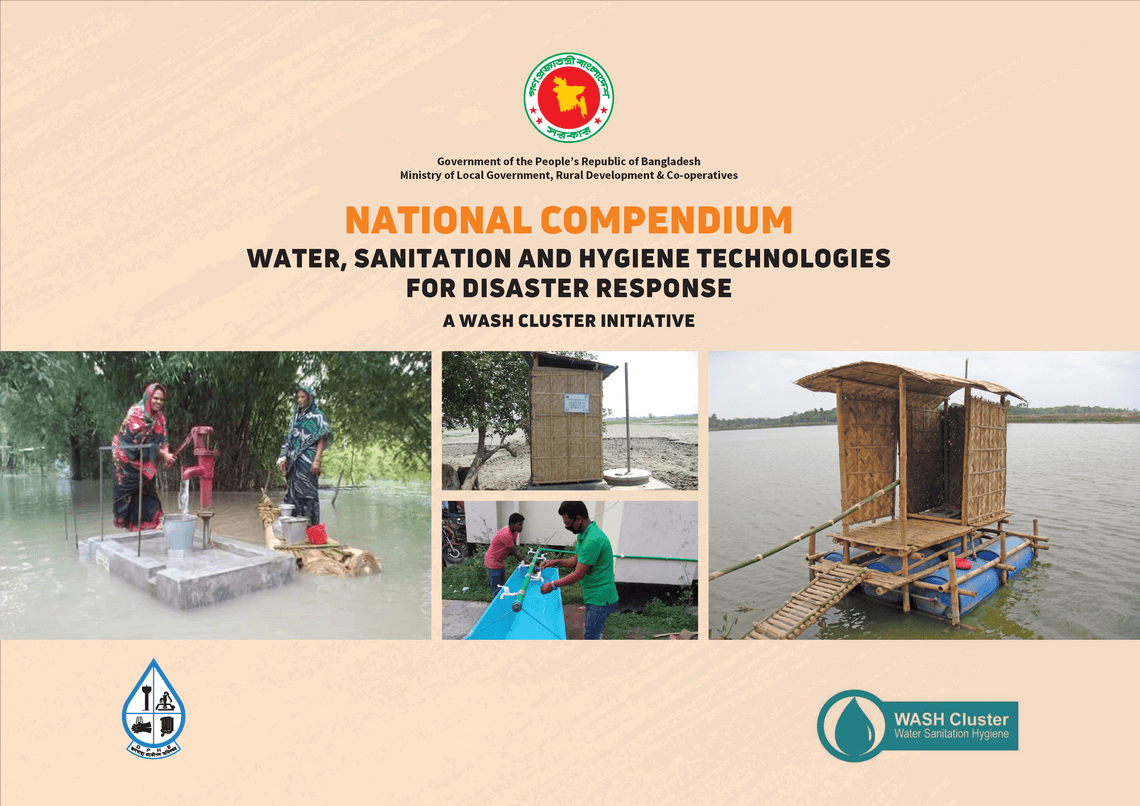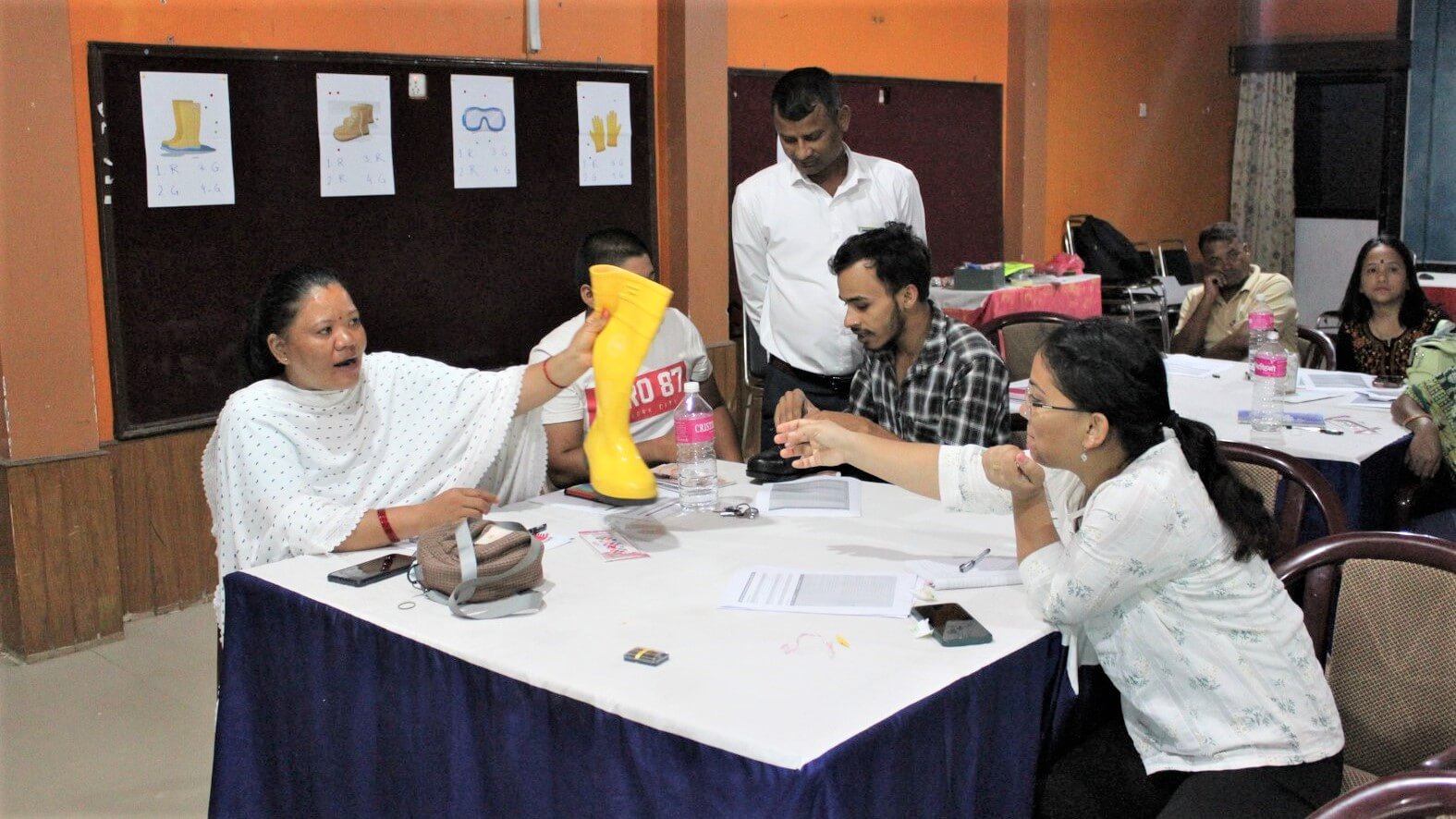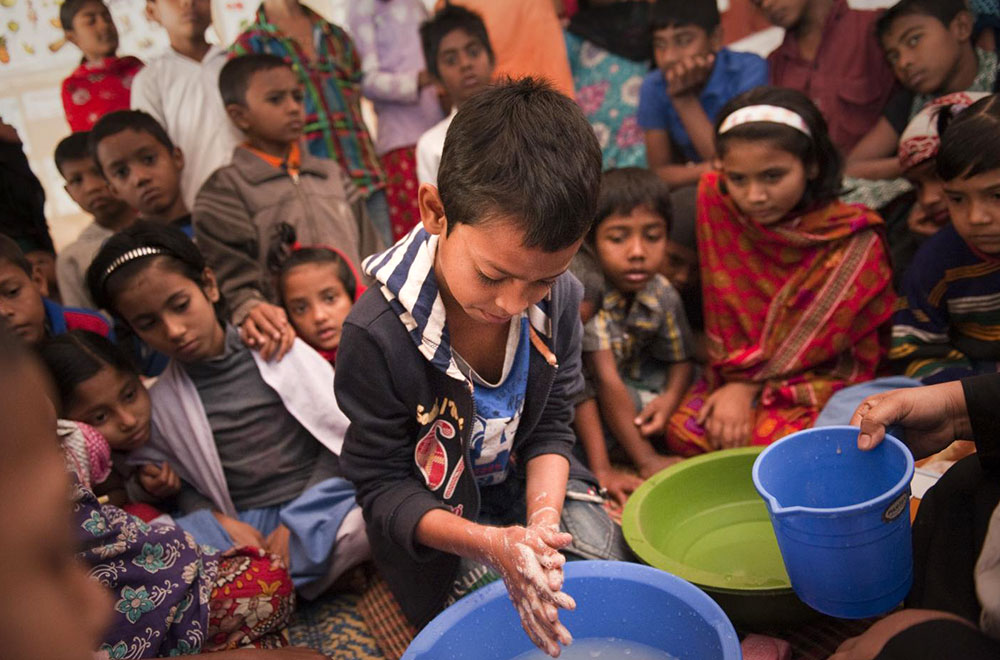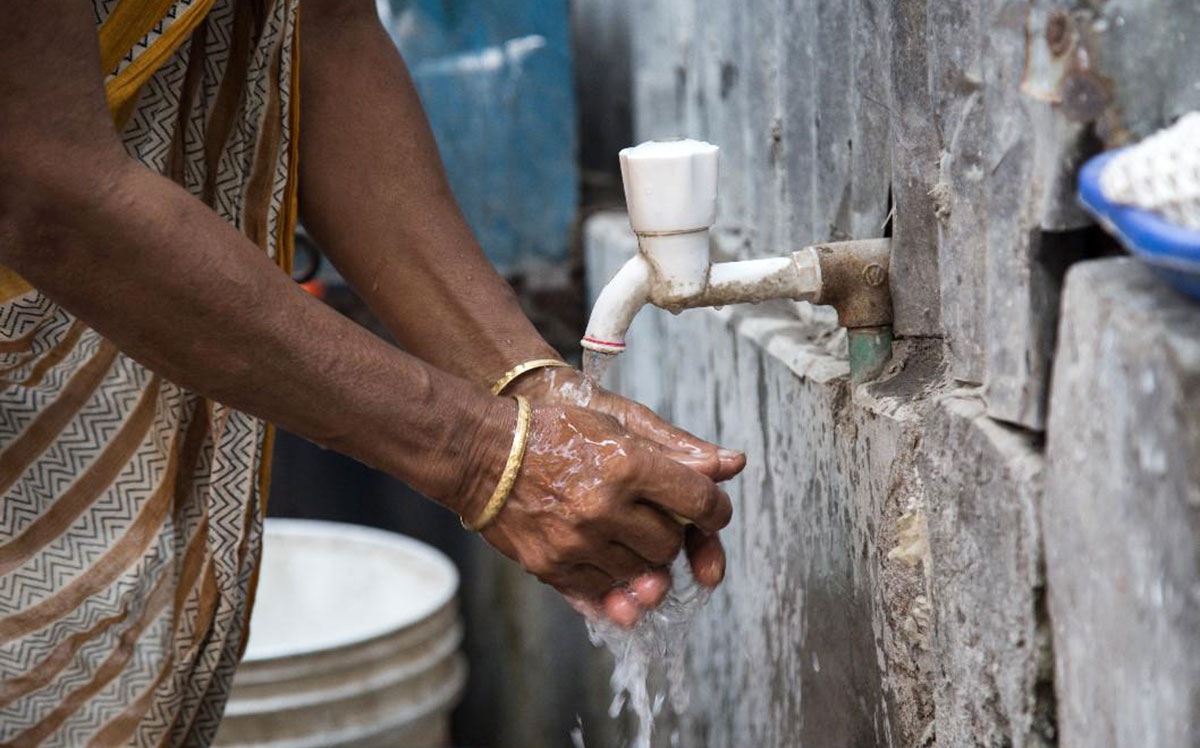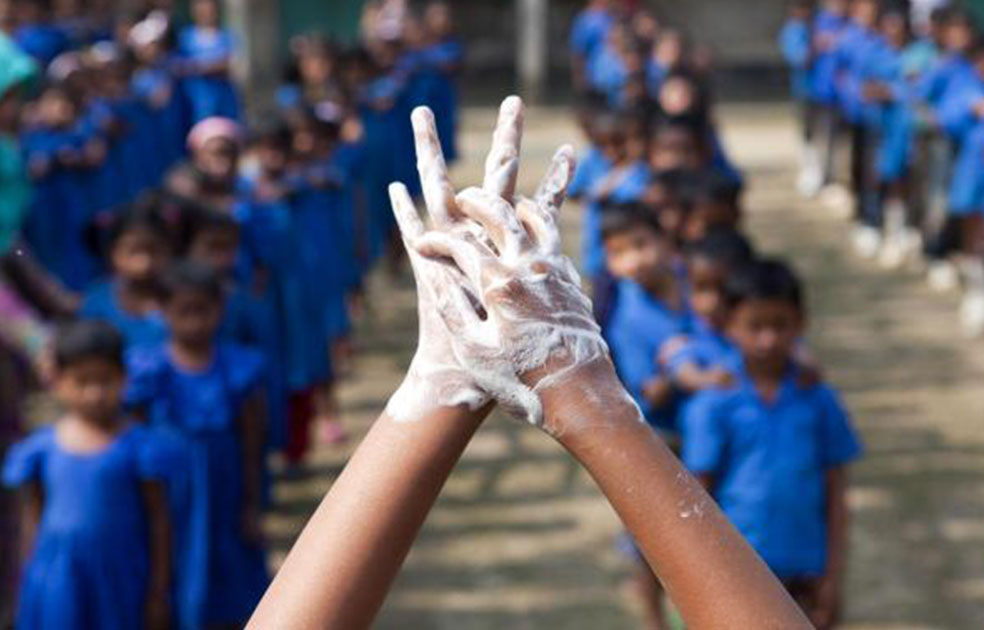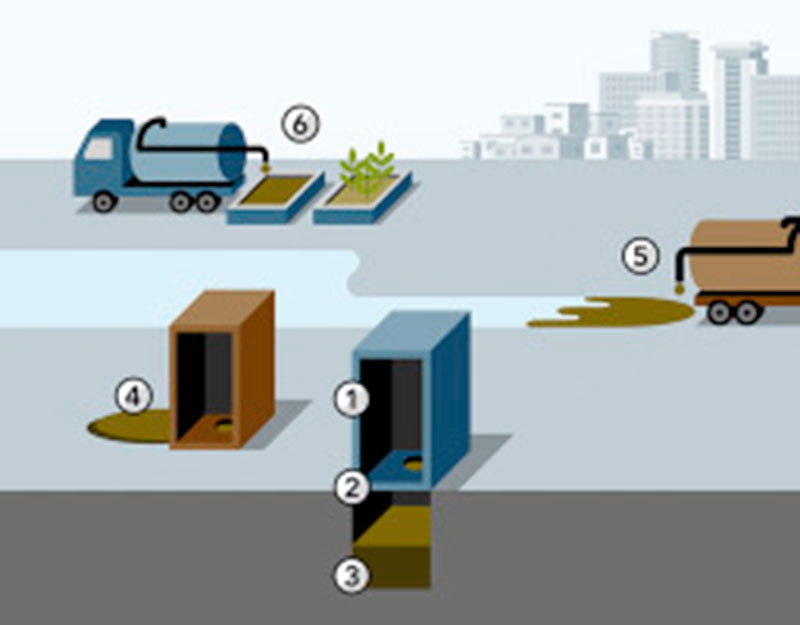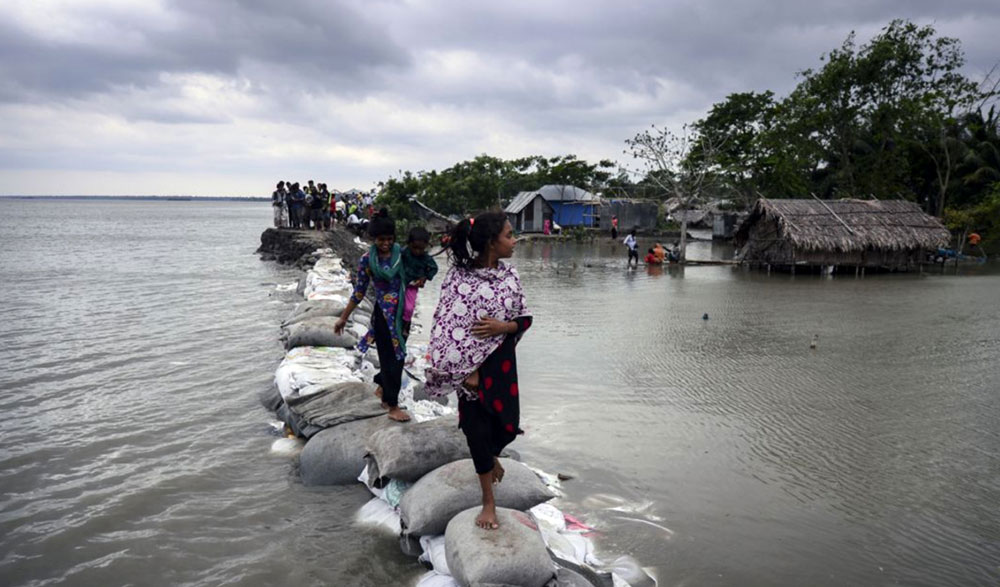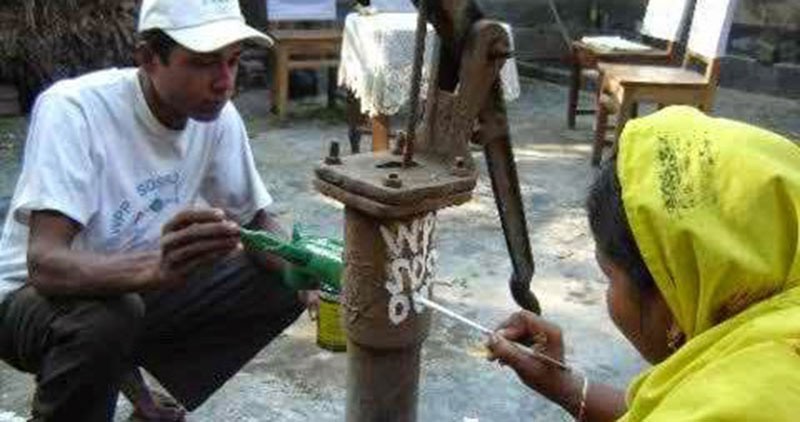Sanitation
Developing of National Compendium of Water, Sanitation and Hygiene Technologies for Disaster Response
ITN-BUET developed a comprehensive National Compendium of WASH technologies for disaster response in Bangladesh, detailing technical specifications, drawings, costs, and emergency suitability to enhance disaster preparedness and response efforts.
Accelerating Sanitation for All in Asia and the Pacific through Capacity Building
ADB assigned ITN-BUET to enhance sanitation and waste workers’ capacity in Asia-Pacific through training programs, focusing on occupational health, safety, and hygiene practices to improve service delivery and worker dignity. Specific objectives include building skills, raising awareness on infection control, and fostering dignified participation in sanitation services.
July 2022 to ongoing
Developing National Compendium of Water, Sanitation and Hygiene (WASH) Technologies in Emergencies, Bangladesh
UNICEF engaged ITN-BUET to develop a national compendium of WASH technologies for emergencies in Bangladesh to address critical needs during disaster response.
February 2021 to May 2021
Developing Sanitation Safety Plan (SSP) for Sakhipur Municipality, Tangail
WaterAid Bangladesh supports Sakhipur Municipality in implementing a fecal sludge management system, with ITN-BUET developing a Sanitation Safety Plan to mitigate health risks and guide sanitation improvements.
January 2021 to March 2021
Development of National Operation and Maintenance (O&M) Guideline for Water, Sanitation and Hygiene (WASH) in Bangladesh
ITN-BUET, supported by UNICEF, is providing technical assistance to formulate the National Operation and Maintenance Strategy/Guideline for WASH infrastructures in Bangladesh.
June 2020 to ongoing
Urban Sanitation Capacity Analysis in three Bangladeshi Cities
ITN-BUET, funded by WSUP, assessed the capacity of Rangpur, Chattogram, and Dhaka North City Corporations to provide sanitation/FSM services using the Burke-Litwin Model, conducting KIIs and FGDs with City Corporation leaders and officials.
June 2017 to February 2018
Training on Facing the Challenges of Climate Change in Water and Sanitation Sector in Bangladesh
DPHE and ITN-BUET organized eight training programs to equip class-1 officers with skills for managing water and sanitation challenges related to climate change. These sessions aimed to enhance disaster management capabilities and ensure effective technological solutions.
March 2014 to June 2014
Review and Development of Resilient and Inclusive WASH Technologies Album
ITN-BUET and Oxfam reviewed successful water and sanitation technologies in Bangladesh and developed an album of inclusive and resilient WASH technologies for broader replication by sector organizations.
June 2016 to May 2017
Technical Assistance for Combating Arsenic Pollution Through Sustainable WASH Interventions for Extreme Poor in the Remote Rural Areas of Bangladesh
ITN-BUET provided technical assistance for piloting arsenic mitigation technologies in char areas of three districts in Bangladesh, where Concern Worldwide found high arsenic levels in intervention tubewells.
December 2015 to October 2016
Study on WASH (Water, Sanitation and Hygiene) Challenges in Slum areas of Dhaka City
The study analyzed WASH services in four Dhaka slums across various contexts, identifying issues with unsafe water, unhygienic latrines, and improper waste disposal. It provided insights into the challenges and causes of poor WASH conditions in these areas.
April 2014 to June 2014


